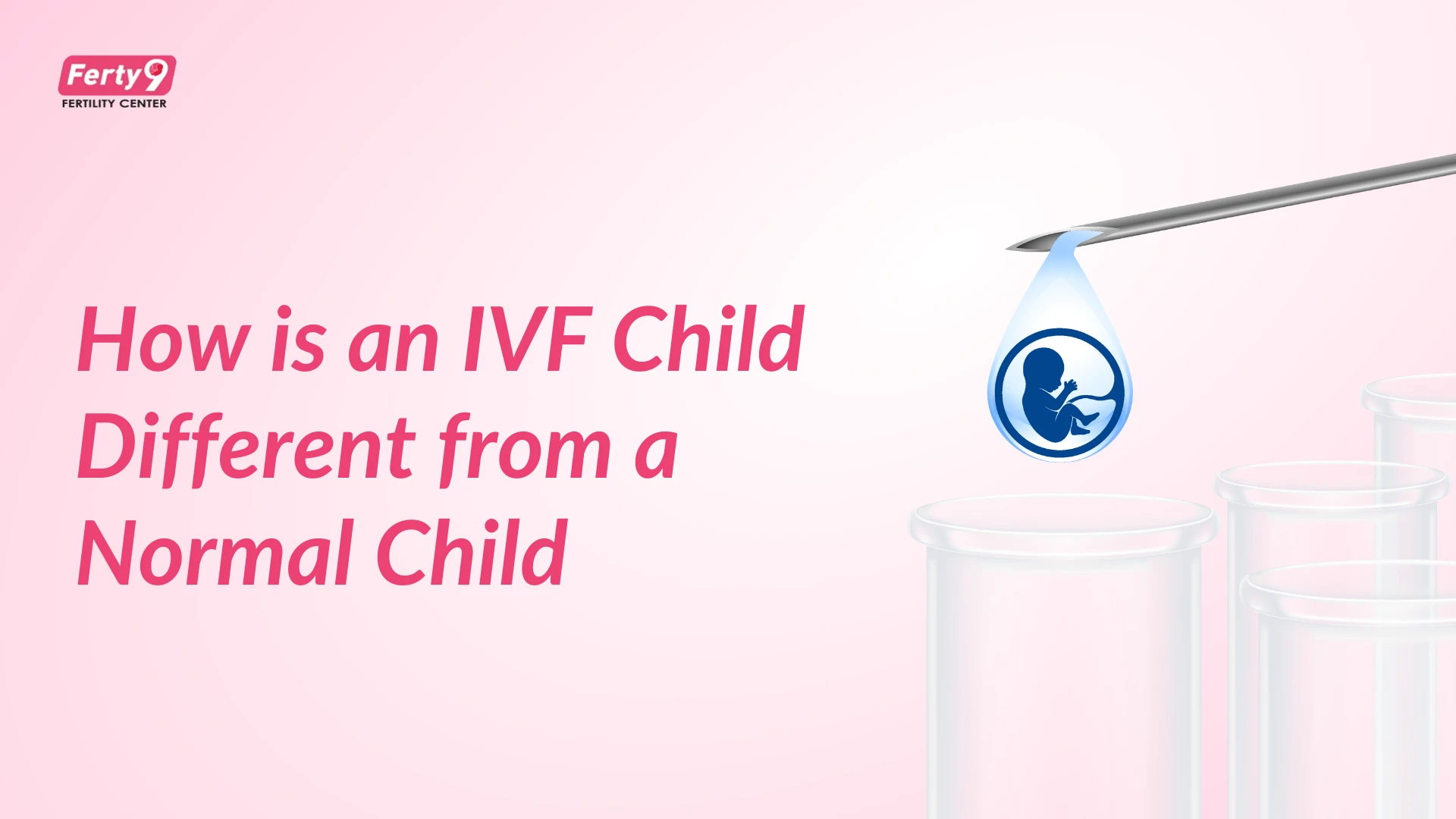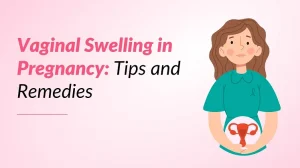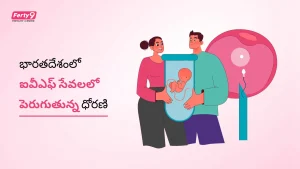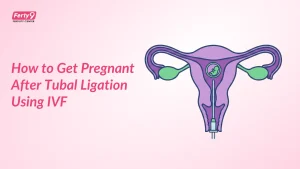Starting a family is a journey of hope, and for many couples, In Vitro Fertilization (IVF) is the beautiful path that makes this dream a reality. However, one of the most common questions we hear at Ferty9 from hopeful parents is: “How is an IVF child different from a normal child?”
It’s a question born from love, concern, and common myths that circulate in our society. Let’s clear the air and address this topic with facts and compassion.
The simple truth is this: An IVF child is in no way different from a naturally conceived child, apart from the beautiful science that helped them begin their life.
Understanding IVF and Natural Conception
To understand why they are the same, let’s look at the only part of the process that is different.
What is IVF?
IVF is a medical procedure where we help fertilization happen. In simple steps:
- Egg Retrieval: We collect eggs from the mother’s ovaries.
- Fertilization: In our advanced lab, we introduce the father’s sperm to the eggs, allowing fertilization to occur in a safe, controlled environment.
- Embryo Transfer: We place the resulting healthy embryo directly into the mother’s uterus to grow and develop.
What is Natural Conception?
During natural conception, sperm travel through the female reproductive system to meet the egg in the fallopian tube. This is where fertilization happens. The resulting embryo then travels to the uterus and implants itself to begin the pregnancy.
The Main Difference: Just the Location
- IVF: Fertilization happens outside the body, in a lab.
- Natural Conception: Fertilization happens inside the body, in the fallopian tube.
That’s it. Once the embryo is placed in the mother’s womb during IVF, the pregnancy progresses exactly the same way as a natural pregnancy. The womb provides the same nourishment, and the baby’s development follows the same natural path.
Myths vs. Facts About IVF Children
Let’s bust some of the most common myths we hear in our clinics in Machilipatnam and across Andhra Pradesh.
Myth: IVF Babies Are Weak or Unhealthy Fact
This is completely untrue. Decades of global research have shown that IVF babies are just as healthy as naturally conceived children. They are not more prone to common illnesses or health issues.
Myth: IVF Children Have Developmental Issues Fact
An IVF child achieves their developmental milestones—like walking, talking, and learning—at the same pace as any other child. The method of conception has no impact on their physical or mental development.
Myth: IVF Babies Are “Different” in Appearance Fact
A child’s appearance is determined by the genes of their parents. Since IVF uses the parents’ own egg and sperm, the baby will inherit their traits just like any naturally conceived child would.
Myth: IVF Affects Intelligence Fact
There is absolutely no difference in the mental capabilities or intelligence between children conceived via IVF and those conceived naturally. A child’s intelligence is shaped by their genetics and upbringing, not how they were conceived.
Physical and Health Comparison
Growth and Development The mother’s womb does not know how an embryo was created. It simply provides the environment for it to grow. IVF babies follow the same growth charts and development patterns inside the womb and after birth. Health Studies and Research Findings Major long-term studies following thousands of IVF children into adulthood have consistently found that their overall health outcomes are comparable to the general population.
Emotional and Social Aspects
Family Bonding
The love and bond between parents and their child are built through care, touch, and affection after birth. IVF children, often long-awaited and deeply desired, are cherished members of their families and bond just as strongly as any other child.
Social Stigma and Awareness
In our society, there can be misconceptions about IVF. It’s important to remember that IVF is a medical triumph that helps couples overcome a health issue—infertility. At Ferty9, we encourage open conversation to normalize IVF as a wonderful way to build a family.
Psychological Well-being
IVF children are just as happy and emotionally well-adjusted as their peers. Their psychological development is shaped by their family environment, not their origin story.
When Differences May Exist
To be completely transparent, there are two areas where the IVF process can have an influence, but these are manageable.
Multiple Pregnancies in IVF
In the past, it was common to transfer multiple embryos to increase the chances of success, which led to a higher rate of twins or triplets. However, modern IVF practice at Ferty9 now focuses on single embryo transfer, which greatly reduces this risk and leads to safer, healthier pregnancies.
For a more accurate prediction of your timeline, try our IVF Due Date Calculator to plan your next steps
Premature Birth Risks
Some studies show a slightly higher chance of premature birth in IVF pregnancies. This is often linked to the underlying cause of the parents’ infertility or the presence of multiple babies. However, this is a manageable risk, and with the excellent prenatal care provided by obstetricians, most IVF pregnancies result in healthy, full-term babies.
Conclusion
An IVF child is a normal, healthy child in every sense of the word. They cry, they laugh, they learn, and they love just like any other child. The only “difference” is the incredible science and the dedicated team of doctors who helped them on the very first step of their journey into their parents’ loving arms.
Don’t let myths or fear hold you back from building the family you dream of. Trust the science, trust the process, and know that the child you welcome will be a perfect, wonderful part of your family.





























